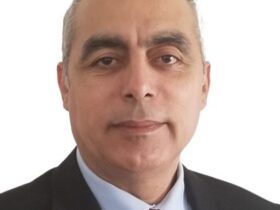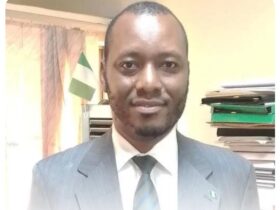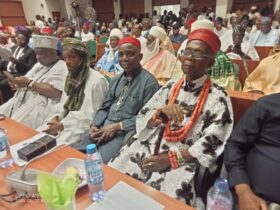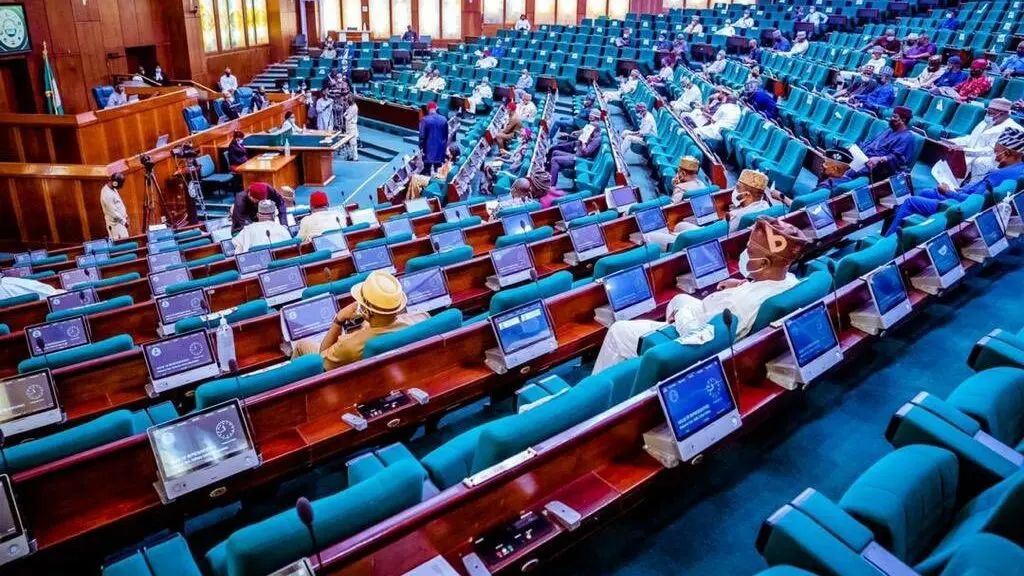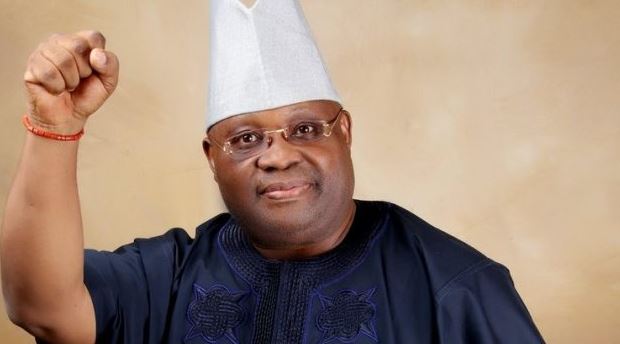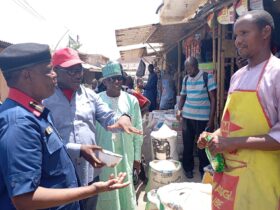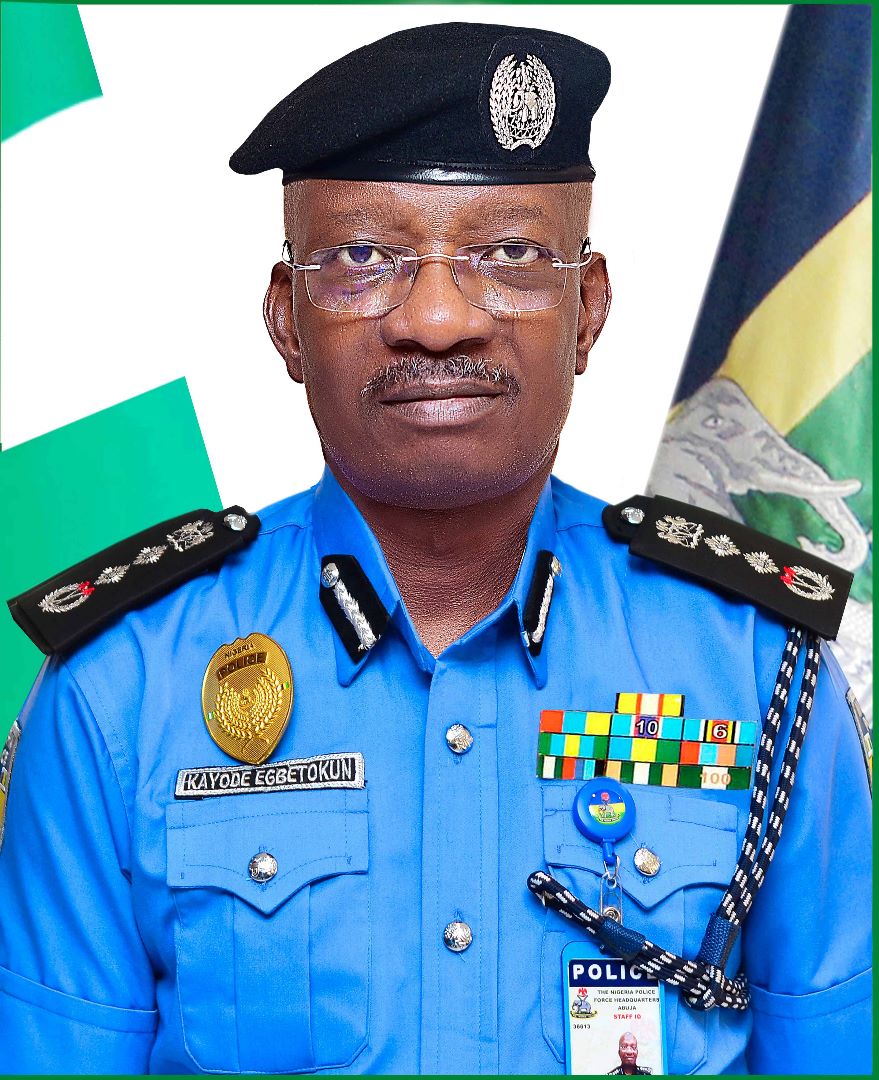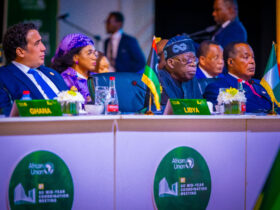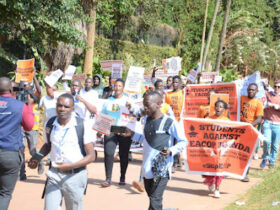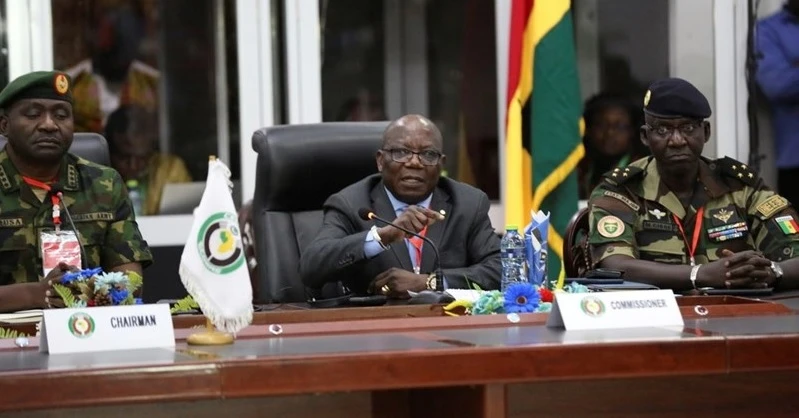Kenya’s preparations for the August 9 general elections are facing what is now an international problem — keeping false news off the campaign platforms.
Misinformation, experts warn, could likely return the country to the old path of post-election violence unless nipped in the bud. Ahead of elections to replace retiring President Uhuru Kenyatta, detecting fake from fact has become even more difficult as social media has taken over political campaigns.
The National Cohesion and Integration Commission has issued a list of phrases it says politicians use but which could be inciting.
Jodie Ginsberg from Committee to Protect Journalists (CPJ) says fact-checking in the Kenyan situation is hard because social media platform owners do not normally respond fast on issues in the developing world.
“Some of these companies don’t even have agents who speak the local language so how on earth are you supposed to address these challenges?” She posed at a recent panel discussion on Fake or Fact, part of the Global Media Forum by the German public broadcaster Deutsche Welle (DW), in Bonn.
“These companies tend to react when they see that there is political capital. They have moved to change things around in the US following, in particular, the January 6 assault on the Capitol but we don’t see similar action in other countries and I am worried of what is going to happen in the coming elections because, unless those companies take further action to address mis- and disinformation, we are going to see potentially much greater violence around elections around the world.”
Misinformation, the giving of false or misleading information to the public, sometimes deliberately means to deceive and gain certain advantage, is not new in Kenyan politics. In April, internet company Mozilla tracked down more than 30 Tiktok accounts it found to have published videos that contained hate speech, incitement and other deceptive information.
Odanga Madung, the Mozilla researcher said then that 130 videos were in fact a violation of Tiktok’s own usage policy, which forbids discrimination, incitement and misinformation, indicating the social media platform was itself incapable of determining what should pass as accurate. Tiktok removed some of the offensive videos after the report by Mozilla. But it didn’t resolve the lack of capacity for moderation including employing people who have local knowledge of the language and context in which the videos are posted. In Bonn, the panelists argued that gap was making filtration of false information difficult in Kenyan elections, something that could lead to problems.
“Pulling down the videos is not enough,” said Asha Mwilu of Kenya’s Debunk Media, one of the platforms involved in campaign against misinformation.
“There is a need to be a conversation around these issues, the algorithms, and the content moderation,” she added, referring to a recent New York Times story that showed how Facebook was paying little to moderators in Kenya in spite of the mammoth work of filtering content.
Facebook itself was used in the 2017 elections by the now-defunct Cambridge Analytica and Kenyan politicians to discredit rivals in a series of pre-planned messaging that appeared on the platform around campaign season. After revelations emerged, Cambridge Analytica ceased operations and Facebook announced a campaign to sweep the platform of fakes. This time, Kenya’s main political coalitions admit there is still false information spreading, even though they accuse rivals of being behind it.
“It is a worrying thing but as Azimio la Umoja One Kenya Coalition, we tend to correct and set the record straight. Of course, lies appear sweeter than truth,” Ndiritu Muriithi, Governor of Laikipia County and chairman of Raila Odinga’s presidential campaign board, told The EastAfrican.
“To deal with this threat, as Kenya Kwanza Alliance, we have formed a communication team that corrects and set the facts rights when lies are peddled against us by our opponents,” argued Daniel Rono, MP, from DP Ruto’s camp.
The EastAfrican

